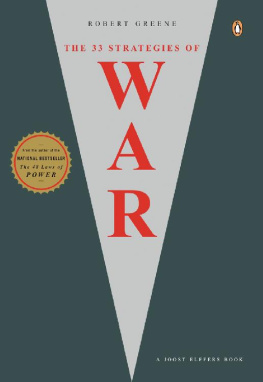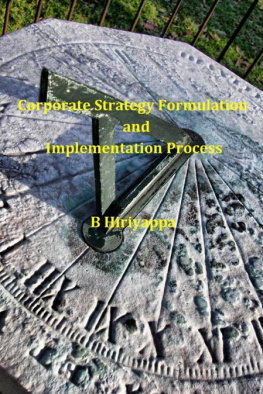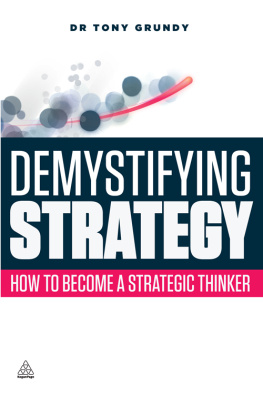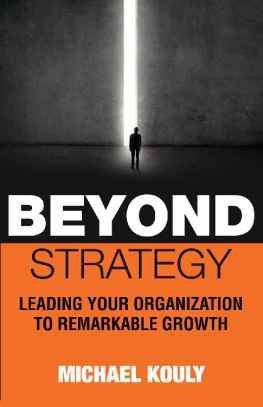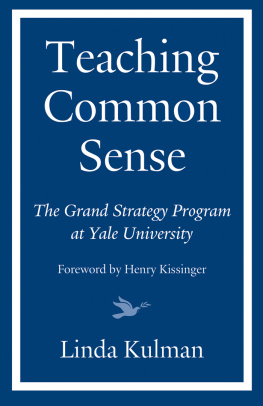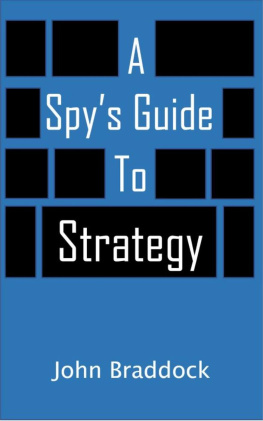THE 33 STRATEGIES OF WAR

OTHER TITLES BY ROBERT GREENE
The Art of Seduction (A Joost Elffers Production)
The 48 Laws of Power (A Joost Elffers Production)
THE 33 STRATEGIES OF WAR
ROBERT GREENE
A JOOST ELFFERS PRODUCTION
VIKING
VIKING
Published by the Penguin Group
Penguin Group (USA) Inc., 375 Hudson Street, New York, New York 10014, U.S.A. Penguin Group (Canada), 90 Eglinton Avenue East, Suite 700, Toronto, Ontario, Canada M4P 2Y3 (a division of Pearson Penguin Canada Inc.) Penguin Books Ltd, 80 Strand, London WC2R 0RL, England Penguin Ireland, 25 St. Stephens Green, Dublin 2, Ireland (a division of Penguin Books Ltd) Penguin Books Australia Ltd, 250 Camberwell Road, Camberwell, Victoria 3124, Australia (a division of Pearson Australia Group Pty Ltd) Penguin Books India Pvt Ltd, 11 Community Centre, Panchsheel Park, New Delhi110 017, India Penguin Group (NZ), Cnr Airborne and Rosedale Roads, Albany, Auckland 1310, New Zealand (a division of Pearson New Zealand Ltd) Penguin Books (South Africa) (Pty) Ltd, 24 Sturdee Avenue, Rosebank, Johannesburg 2196, South Africa
Penguin Books Ltd, Registered Offices:
80 Strand, London WC2R 0RL, England
First published in 2006 by Viking Penguin,
a member of Penguin Group (USA) Inc.
Copyright Robert Greene and Joost Elffers,
2006 All rights reserved
An extension of this Copyright Page appears at the end of this book.
ISBN: 1-101-14734-2
Without limiting the rights under copyright reserved above, no part of this publication may be reproduced, stored in or introduced into a retrieval system, or transmitted, in any form or by any means (electronic, mechanical, photocopying, recording or otherwise), without the prior written permission of both the copyright owner and the above publisher of this book.
The scanning, uploading, and distribution of this book via the Internet or via any other means without the permission of the publisher is illegal and punishable by law. Please purchase only authorized electronic editions and do not participate in or encourage electronic piracy of copyrightable materials. Your support of the authors rights is appreciated.
To Napoleon, Sun-tzu, the goddess Athena, and my cat BRUTUS.
CONTENTS
PREFACE
We live in a culture that promotes democratic values of being fair to one and all, the importance of fitting into a group, and knowing how to cooperate with other people. We are taught early on in life that those who are outwardly combative and aggressive pay a social price: unpopularity and isolation. These values of harmony and cooperation are perpetuated in subtle and not-so-subtle waysthrough books on how to be successful in life; through the pleasant, peaceful exteriors that those who have gotten ahead in the world present to the public; through notions of correctness that saturate the public space. The problem for us is that we are trained and prepared for peace, and we are not at all prepared for what confronts us in the real worldwar.
The life of man upon earth is a warfare.
J OB 7:1
Qui desiderat pacem, praeparet bellum (let him who wants peace prepare for war)
V EGETIUS , A.D . F OURTH C ENTURY
This war exists on several levels. Most obviously, we have our rivals on the other side. The world has become increasingly competitive and nasty. In politics, business, even the arts, we face opponents who will do almost anything to gain an edge. More troubling and complex, however, are the battles we face with those who are supposedly on our side. There are those who outwardly play the team game, who act very friendly and agreeable, but who sabotage us behind the scenes, use the group to promote their own agenda. Others, more difficult to spot, play subtle games of passive aggression, offering help that never comes, instilling guilt as a secret weapon. On the surface everything seems peaceful enough, but just below it, it is every man and woman for him-or herself, this dynamic infecting even families and relationships. The culture may deny this reality and promote a gentler picture, but we know it and feel it, in our battle scars.
It is not that we and our colleagues are ignoble creatures who fail to live up to ideals of peace and selflessness, but that we cannot help the way we are. We have aggressive impulses that are impossible to ignore or repress. In the past, individuals could expect a groupthe state, an extended family, a companyto take care of them, but this is no longer the case, and in this uncaring world we have to think first and foremost of ourselves and our interests. What we need are not impossible and inhuman ideals of peace and cooperation to live up to, and the confusion that brings us, but rather practical knowledge on how to deal with conflict and the daily battles we face. And this knowledge is not about how to be more forceful in getting what we want or defending ourselves but rather how to be more rational and strategic when it comes to conflict, channeling our aggressive impulses instead of denying or repressing them. If there is an ideal to aim for, it should be that of the strategic warrior, the man or woman who manages difficult situations and people through deft and intelligent maneuver.
[ Strategy ] is more than a science: it is the application of knowledge to practical life, the development of thought capable of modifying the original guiding idea in the light of ever-changing situations; it is the art of acting under the pressure of the most difficult conditions.
H ELMUTH VON M OLTKE , 18001891
Many psychologists and sociologists have argued that it is through conflict that problems are often solved and real differences reconciled. Our successes and failures in life can be traced to how well or how badly we deal with the inevitable conflicts that confront us in society. The common ways that people deal with themtrying to avoid all conflict, getting emotional and lashing out, turning sly and manipulativeare all counterproductive in the long run, because they are not under conscious and rational control and often make the situation worse. Strategic warriors operate much differently. They think ahead toward their long-term goals, decide which fights to avoid and which are inevitable, know how to control and channel their emotions. When forced to fight, they do so with indirection and subtle maneuver, making their manipulations hard to trace. In this way they can maintain the peaceful exterior so cherished in these political times.
This ideal of fighting rationally comes to us from organized warfare, where the art of strategy was invented and refined. In the beginning, war was not at all strategic. Battles between tribes were fought in a brutal manner, a kind of ritual of violence in which individuals could display their heroism. But as tribes expanded and evolved into states, it became all too apparent that war had too many hidden costs, that waging it blindly often led to exhaustion and self-destruction, even for the victor. Somehow wars had to be fought more rationally.
The word strategy comes from the ancient Greek word strategos, meaning literally the leader of the army. Strategy in this sense was the art of generalship, of commanding the entire war effort, deciding what formations to deploy, what terrain to fight on, what maneuvers to use to gain an edge. And as this knowledge progressed, military leaders discovered that the more they thought and planned ahead, the more possibilities they had for success. Novel strategies could allow them to defeat much larger armies, as Alexander the Great did in his victories over the Persians. In facing savvy opponents who were also using strategy, there developed an upward pressure: to gain an advantage, a general had to be even more strategic, more indirect and clever, than the other side. Over time the arts of generalship became steadily more sophisticated, as more strategies were invented.
Next page
